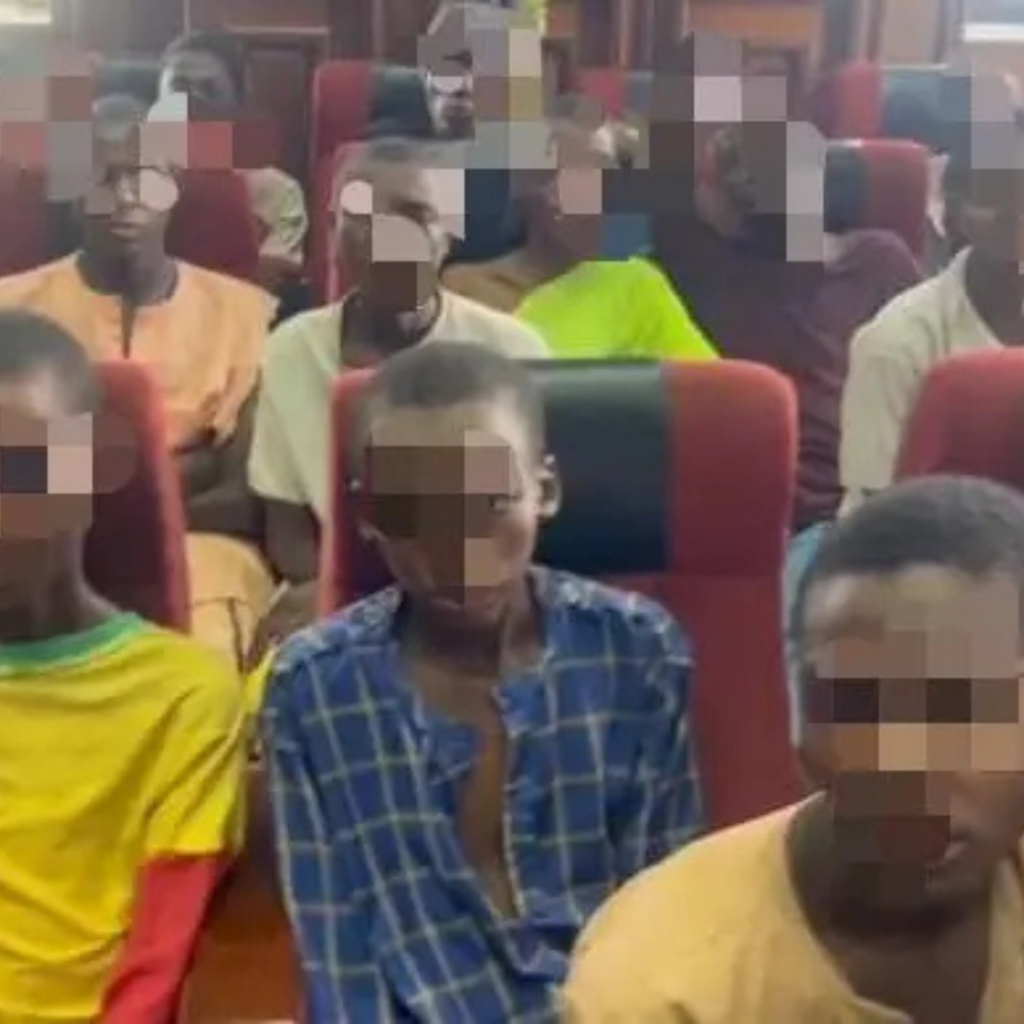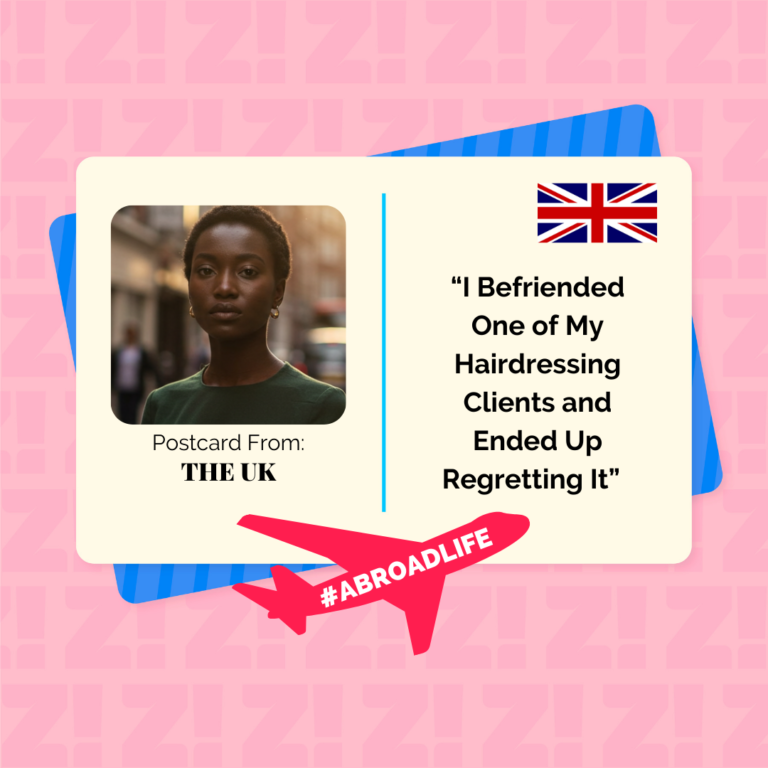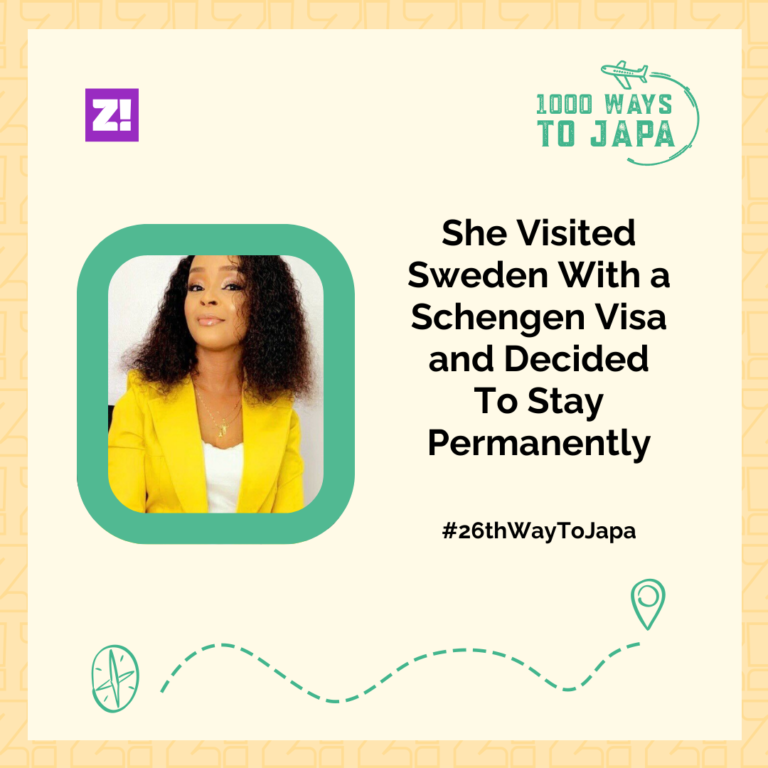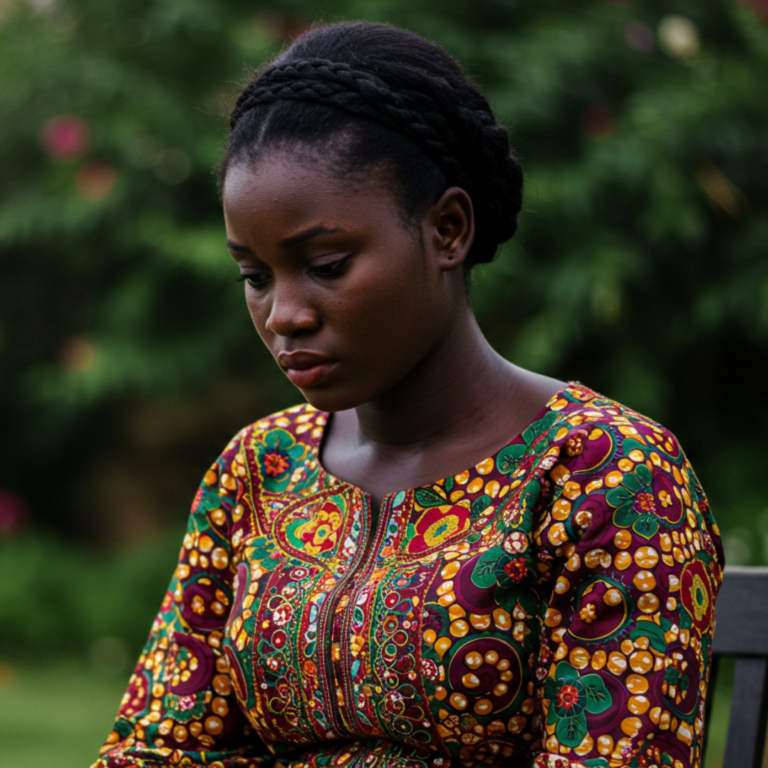
Talk is cheap everywhere except Nigeria where you can be detained for publicly demanding good governance, even if you’re a child.
On Thursday, August 1, Nigerians stormed the streets with placards, squeezed faces and loud voices that echoed the sound of a common frustration – hunger and economic hardship. Some of these Nigerians were old while others were young– too young to be victims of bad governance. But most of them believed that everything that has gone to shit can be traced back to President Tinubu’s reforms.
What started as a demand for change quickly turned violent, with security forces clashing violently with protesters across multiple states. The aftermath was ugly—at least 22 civilians lost their lives, including minors. Northern Nigeria has some of the worst cases of military and police violence – from live ammunition to tear gas. Media personnel weren’t spared either; at least 56 of them were harassed for doing their jobs, and about 1,200 protesters were arrested across the country.
What’s happening now?
76 of these arrested protesters appeared at the Federal High Court Abuja for their scheduled arraignment before Justice Obiora Egwuatu on Friday, November 1. They were accused of treason and conspiracy to destabilise Nigeria—a heavy accusation according to Section 96 of the Nigerian constitution and punishable under Section 97 of the Penal Code Act.
At least 67 of these arraigned protesters were minors who looked anything but dangerous. While they all looked malnourished, four of them looked weaker than others and were rushed out of the court after they slumped because they couldn’t stand on their feet.
A few hours after their appearance in court, Justice Obiora Egwuatu put a big price tag on the freedom of the 67 minors, granting them bail of ₦10 million each. These children—some barely 15—now face the tough task of finding a surety, who must be a civil servant, to stand in for them.
What does the Constitution say about this?
The Constitution and the Child Rights Act make it clear that kids are not to be treated like adults in cases where the law is breached. In this case, there’s no evidence of these children being involved in the act of treason yet they have been subjected to a reality most kids their age would never know in their lifetime.
Section 34 of the constitution promises everyone, minors included, the right to dignity and freedom from inhuman treatment. The Child Rights Act, adopted from the UN’s Convention on the Rights of the Child, stresses that detention for minors should be the absolute last resort—and only for the shortest possible time. As a signatory to the UN Convention on the Rights of the Child, Nigeria also agreed that minors should be given a shot at rehabilitation, not harsh judgment. The law even demands that minors be kept in separate facilities from adults and prioritises juvenile courts for their cases, aiming for rehabilitation, not punishment.
So, with all this in black and white, you have to wonder why these kids, who look more like victims than villains, are sitting in adult courts and facing adult-size charges when there are laws that have been put in place to protect them. For now, it seems the law is being bent, stretched, or outrightly ignored to silence young Nigerians who dared to speak against bad governance.
What can you do?
Today, 67 minors are facing outrageous charges, but it could be a lot worse tomorrow if we don’t speak against this abuse of law and power now. Nigerians are already speaking against the Federal High Court’s disturbing act, and the best way to act is to join the conversation. You can also fill out this complaint form to let the Federal High Court know that Nigerians will not remain silent while minors are detained and slapped with a bail of ₦10 million.




